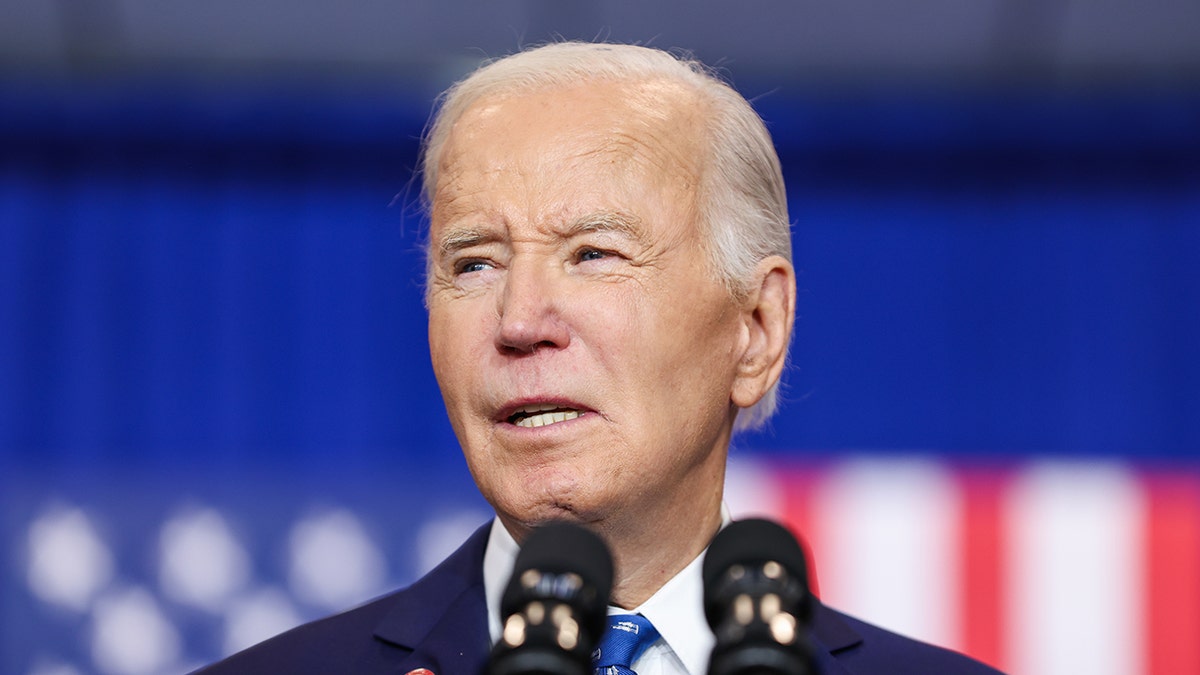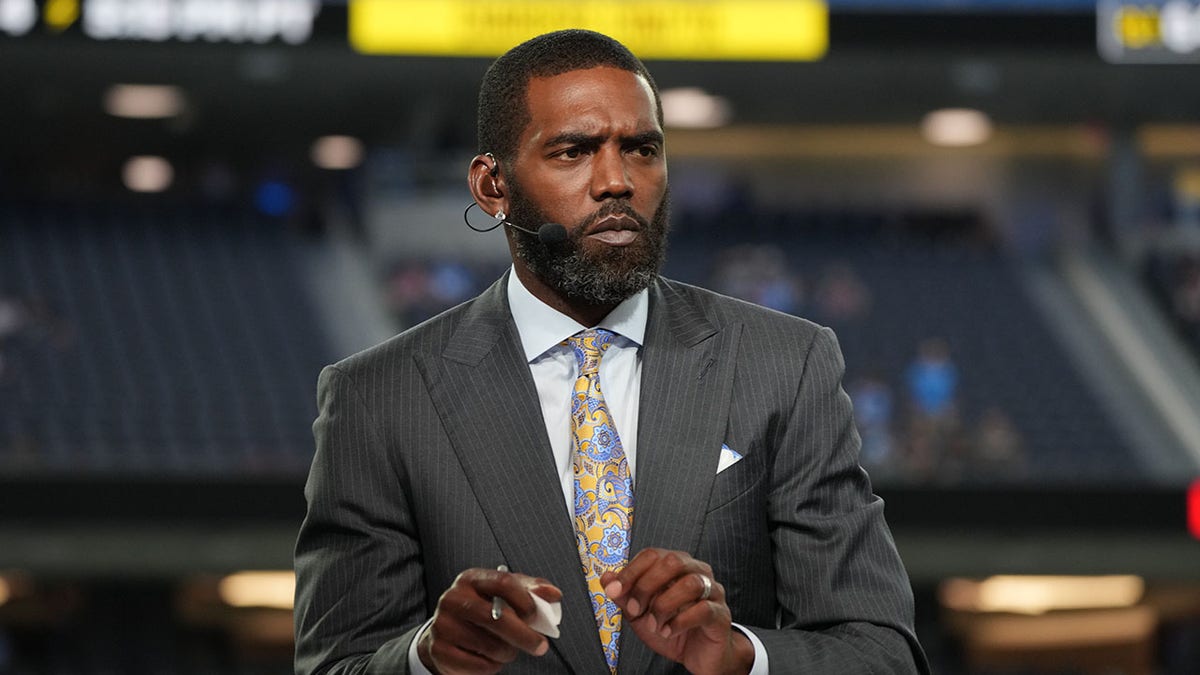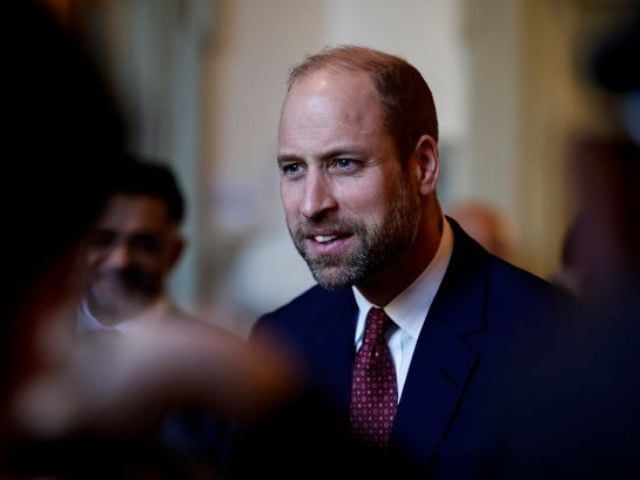Widespread protests have engulfed Georgia, leading to over 40 hospitalizations after police clashed with demonstrators. The unrest follows a controversial decision by the ruling Dream Party, led by pro-Russia Prime Minister Irakli Kobakhidze, to suspend Georgia's 15-year pursuit of European Union membership.
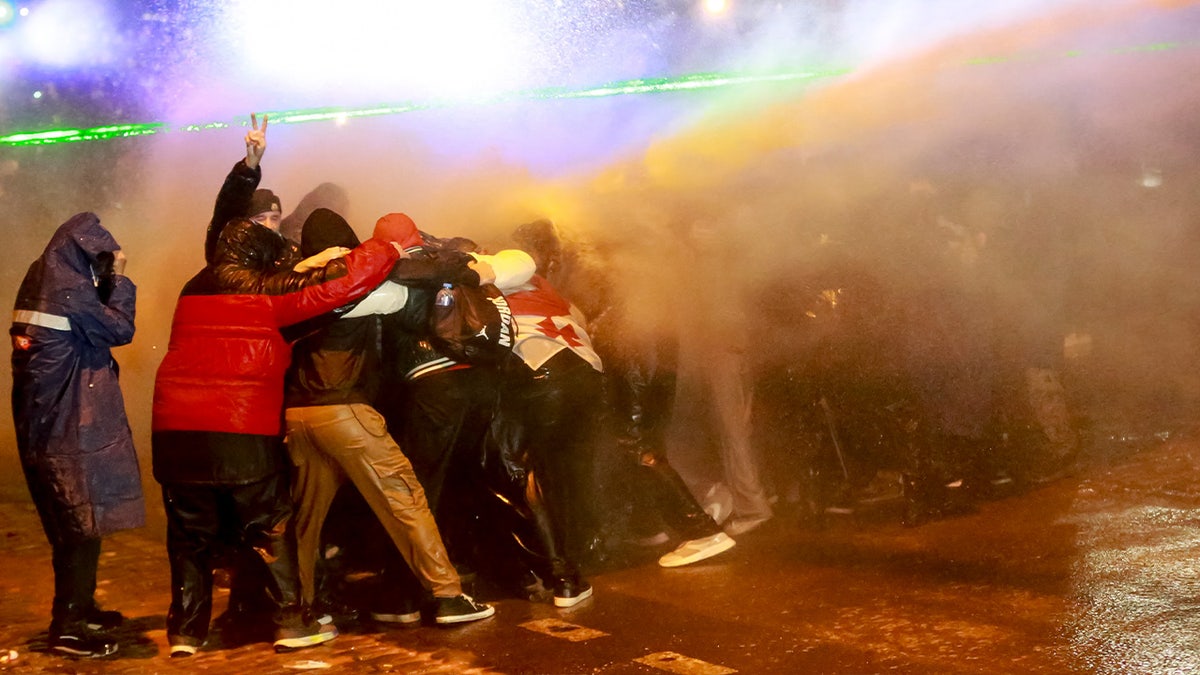
Tens of thousands of Georgians took to the streets of Tbilisi for a fourth consecutive night, expressing their anger at the government's move. Police responded with water cannons and tear gas, while some protesters reportedly used firecrackers. The Ministry of Interior confirmed that 27 protesters, 16 police officers, and a journalist were hospitalized following the clashes.
Kobakhidze defended the decision, claiming it was a response to "shameful and offensive blackmail" hindering Georgia's European integration. He insisted the process hasn't been halted but merely redirected. The move came shortly after the European Parliament criticized Georgia's recent general election, deeming it neither free nor fair.
Kobakhidze, a billionaire who amassed his fortune in Russia and is known for his support of Vladimir Putin, has faced accusations of election rigging. Georgia, independent from the Soviet Union since 1991, has historically sought Western support to counter Russian influence, particularly after the 2008 Russian invasion.

Under the Dream Party's leadership, Georgia has seen a rise in authoritarian policies and civil unrest. The government justifies its recent actions as necessary to protect the nation from foreign meddling and avoid being drawn into a conflict similar to Ukraine's. However, critics argue these policies align with Putin's agenda.
The EU's foreign policy chief and enlargement commissioner issued a joint statement expressing "serious concerns" about Georgia's democratic backsliding. They condemned the suspension of EU accession talks and urged Georgian authorities to respect the right to peaceful assembly. The United States echoed these concerns, stating that the move contradicts Georgia's constitutional commitment to European integration and makes the country more susceptible to Kremlin influence.
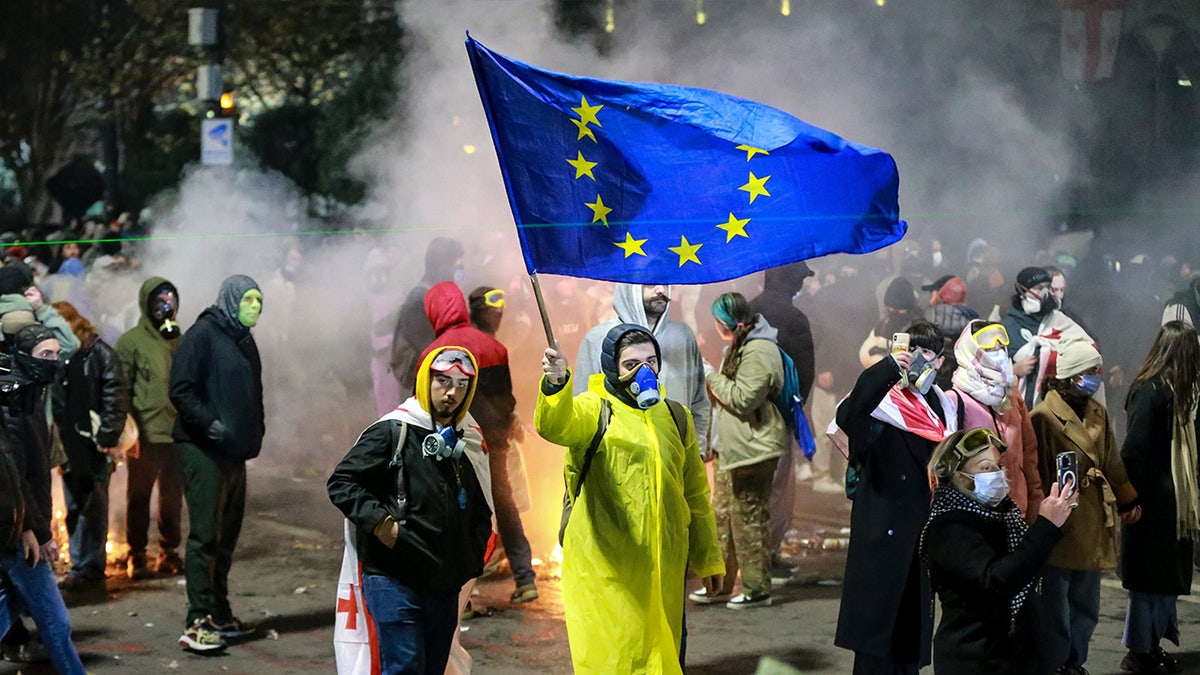
Kobakhidze dismissed the U.S. criticism, attributing it to the outgoing administration's attempts to create a difficult situation for its successor. He expressed his intention to engage with the incoming administration on these matters.


